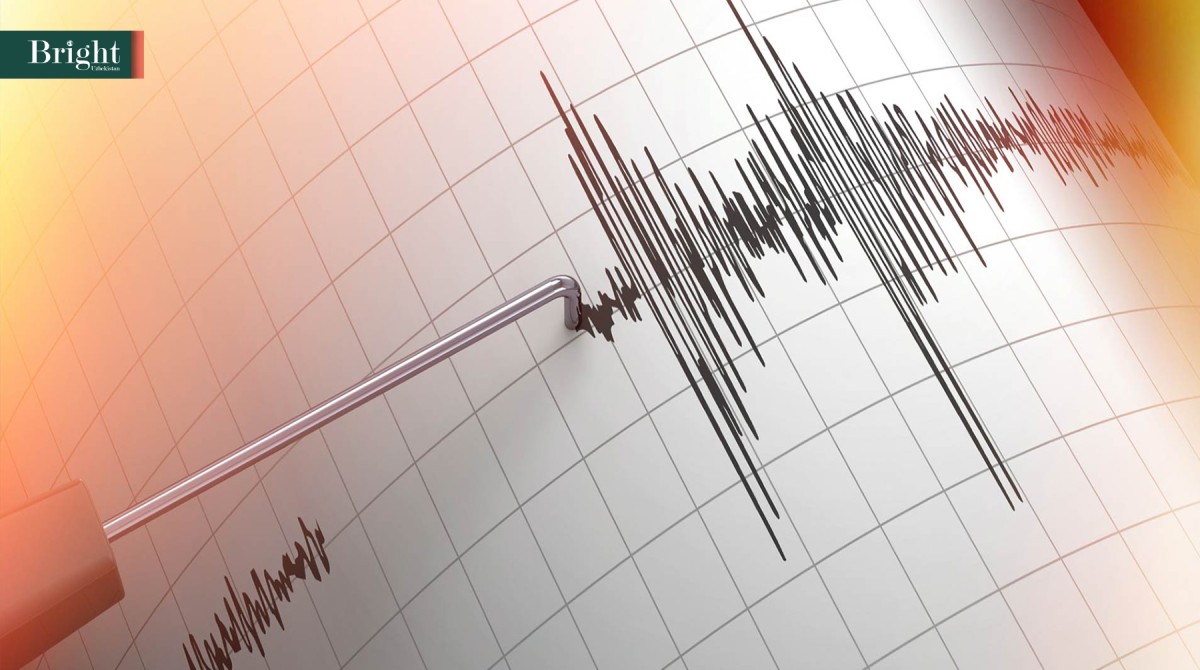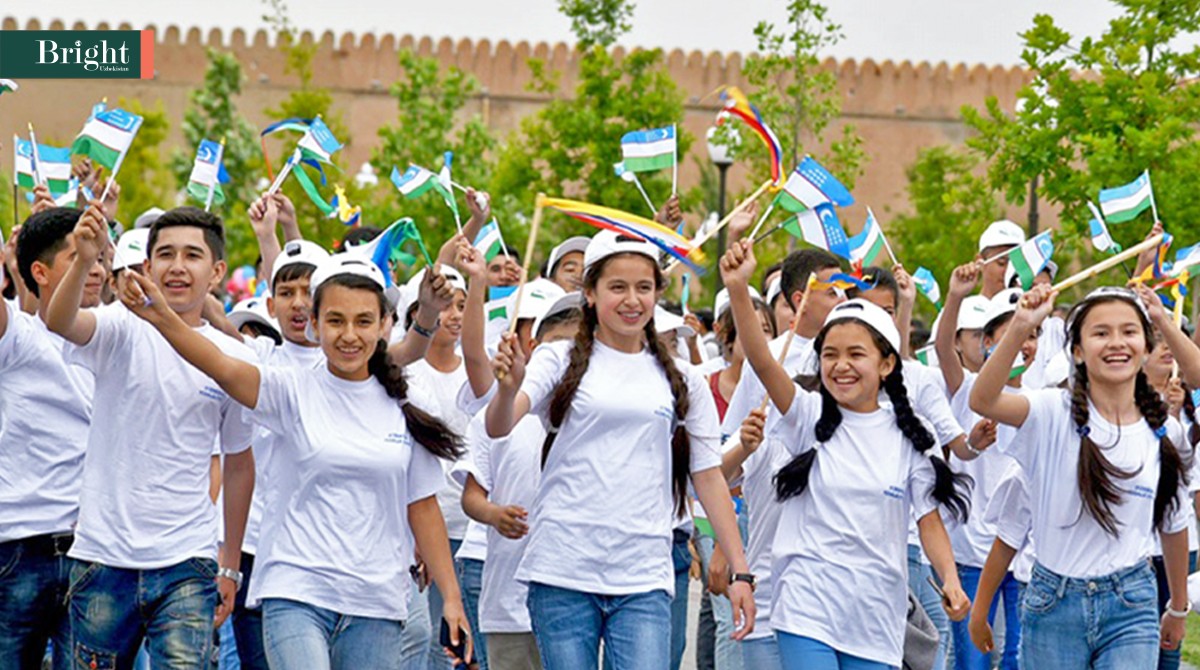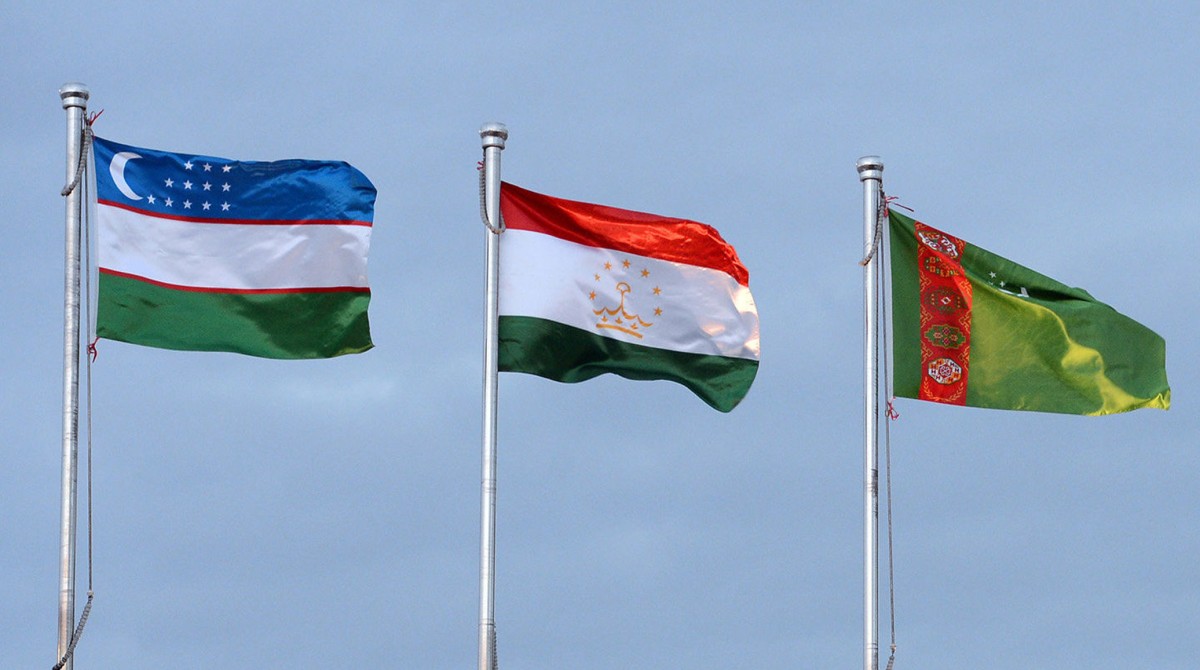Energy poverty on the rise in the European Union

The cold season is approaching, energy prices are rising, and about 80 million people across Europe are not sure if they will have enough money to pay their electricity and gas bills. Energy poverty is compounded by the long-term economic impact of the pandemic.
Euronews published the forecast and possible solutions of the Belgian expert Alexander Vivier.
“Many people have higher consumption levels than they can afford,” said the Belgian expert. - Other households save on comfort and turn off the heating so that they have enough energy, for example, to cook food. We see different forms of energy poverty. "
The severity of this problem also differs from country to country. In rich Luxembourg, 3% of the population is considered to be energy poor, while in Bulgaria it is 30%. To overcome this lag, the European Union is developing a unified approach to combating energy shortages.
Experts admit the possibility of a coordinated increase in prices for electricity and natural gas. At the same time, member countries are encouraged to quickly abandon the use of fossil fuels in order to ensure energy security.
“One of the leverage that EU governments have is the ability to regulate the taxes and fees that go into energy bills,” continued Alexander Vivier. “There are other options. You can provide citizens in need with one-time aid that has no relation to the bill. consider it very important to discuss this topic. What is included in the energy bill and what is not? How do we want to finance, among other things, the transition to renewable sources, as well as some social measures related to energy poverty? "
As EU leaders continue to seek a way out of the current energy crisis, a public campaign is underway to recognize access to energy as a human right. Activists are calling for a pan-European ban on electricity and gas cuts for non-payment of bills, which currently threatens about 7 million households.






